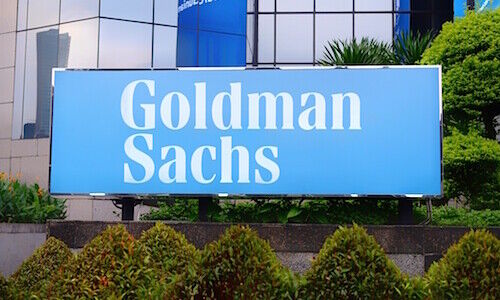HKEX: «We‘re Smashing Records Every Quarter»
The Hong Kong Exchange and Clearing continues to express confidence about the future of Chinese equities despite ongoing worries about the city’s future under new legislation.
HKEX chief executive Charles Li Xiaojia was bullish about the future of the «Stock Connect» scheme – a channel that allows capital to flow between investors and markets in the mainland and Hong Kong.
«The Stock Connect has become extraordinarily important, [where] we‘re smashing records every quarter,» according to an «SCMP» report citing Li. «I think there is still room to grow for Connect to live up to its potential.»
In the first half of 2020, northbound flows – capital invested in Shanghai and Shenzhen markets via Hong Kong – reached a record 74.3 billion yuan ($10.8 billion). The first scheme, the Shanghai-Hong Kong Connect, was launched in 2014 followed by the Shenzhen-Hong Kong Connect in 2016.
Bullish Projections
Li – who has earned the moniker «Mr. China» – made several bullish predictions about the future of Chinese capital markets with an estimated 20-25 percent increase in the Connect schemes’ cross-border turnover and foreign ownership Chinese stocks reaching as high as 20-25 percent. He also believed that current market prices have already accounted for worries linked to the national security law (NSL) in Hong Kong.
«[All NSL-related concerns have been] priced in,» added Li, who is due for retirement in October next year. «The market knows that’s something that has to be done, and it just moves on.»
National Security Law «Priced In»
«[All NSL-related concerns have been] priced in,» added Li, who is due for retirement in October next year. «The market knows that’s something that has to be done, and it just moves on.»
Li has issued numerous statements on his bullish outlook for Hong Kong which continues to face uncertainty driven by Beijing’s decision to enact the controversial security law. In May this year on the same day Hong Kong criminalized disrespect against the Chinese national anthem, he said that the city’s hub status remained undisputed regardless of policy decisions, saying «they come, they go».
His views differ greater with those of U.S. President Donald Trump who said that Hong Kong markets would «go to hell» under the new regime one week after issuing the first list of sanctions against officials in the city and mainland China.






















